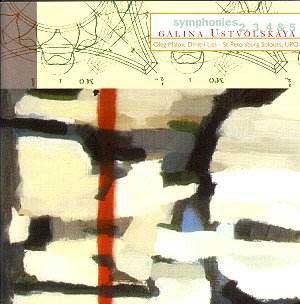 Composer: Franz Schubert
Composer: Franz Schubert
Works: Die Winterreise, D911
Performers: Christian Gerhaher (baritone), Gerold Huber (piano)
Recording: Studio 2 of Bavarian Radio, Munich, January 13th-17th and 19th, 2001
Label: ARTE NOVA Lieder 74321 80777-2
Franz Schubert’s “Winterreise,” composed in 1827, stands as a monumental exploration of human desolation and emotional depth, encapsulating the existential crisis of a solitary wanderer. This song cycle, set to the poetry of Wilhelm Müller, resonates with the Romantic ideal of the individual confronting nature and fate, and has attracted a wealth of interpretations since its inception. Christian Gerhaher, accompanied by Gerold Huber, presents a reading that, while not transcendent, offers moments of genuine insight into the cycle’s psychological landscape.
Gerhaher’s baritone is notably well-suited to the cycle’s themes of weariness and longing. His voice possesses a rounded quality that conveys a profound sense of world-weariness, particularly evident in the stark despair of “Die Wetterfahne,” where he navigates the thin line between resignation and hope. His interpretative choices demonstrate a commendable understanding of the cycle’s emotional arc, with moments of thinly-veiled desperation contrasted by the tender nostalgia of “Der Lindenbaum.” Huber’s piano work complements Gerhaher’s vocal interpretation with an attentiveness that enhances the narrative flow, particularly in the delicate handling of the tremolandi in “Einsamkeit,” where the music’s inherent fragility is deftly preserved.
The recording itself, produced in a studio environment, captures the nuances of both voice and piano effectively, though there are instances where the balance leans slightly toward the piano, overshadowing Gerhaher at critical moments. The acoustic provides a warm, intimate setting, yet some passages, such as “Der stürmische Morgen,” could benefit from a more vigorous dynamic to truly evoke the tempestuous imagery Schubert conjures. While Gerhaher’s pacing in “Die Post” retains a rhythmic impetus, it falls short of the infectious energy found in other notable interpretations, such as those by Fischer-Dieskau and Moore, whose versions deliver a more compelling sense of urgency.
Though Gerhaher and Huber offer a commendable interpretation, their reading lacks the visceral impact of the cycle’s most celebrated renditions. The final song, “Der Leiermann,” while featuring an evocative hurdy-gurdy effect from Huber, does not evoke the deep emotional resonance achieved by past interpreters, leaving a sense of unfulfilled potential. The recording thus serves as a worthwhile addition to the catalog rather than a definitive version.
Christian Gerhaher and Gerold Huber’s “Winterreise” is a solid, if not groundbreaking, contribution to the vast discography of Schubert’s poignant song cycle. Their interpretation reveals both strengths in vocal and pianistic interplay, yet it does not fully penetrate the cycle’s emotional depths in the way that the great recordings have done. This performance is recommended for those seeking an accessible and intelligent reading of “Winterreise,” but listeners may find themselves yearning for the more profound connections made by earlier masters.



